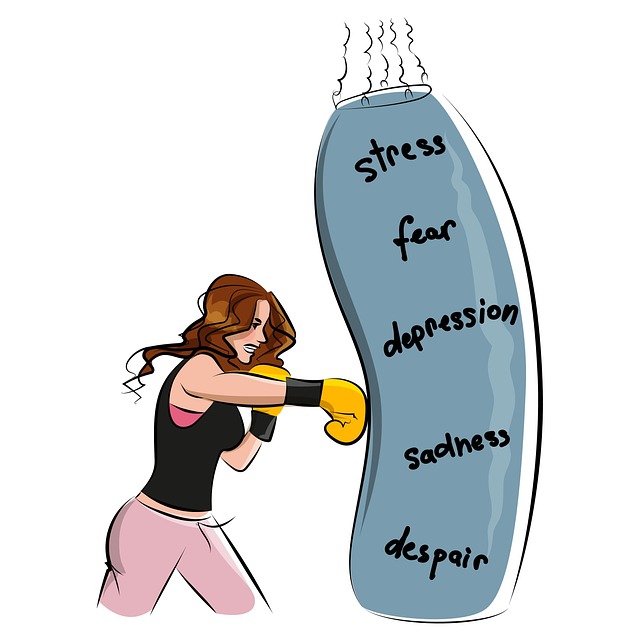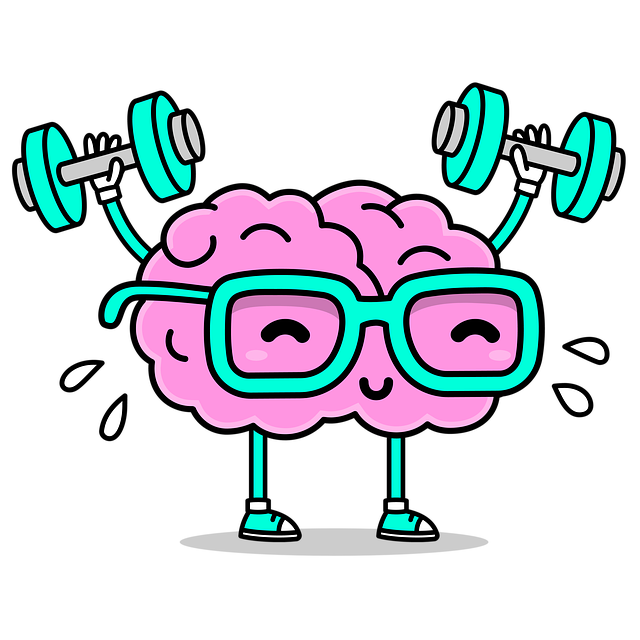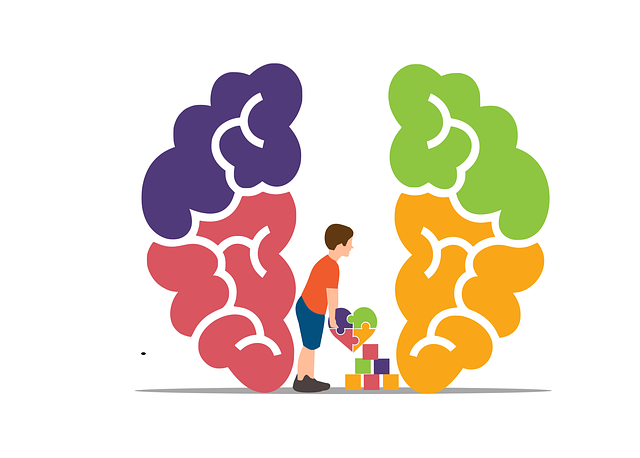Adolescent codependency, fueled by low self-esteem, peer pressure, and academic stress, is a growing mental health concern. Effective interventions require tailored therapy for adolescent teens codependency and cultural competency training for healthcare providers to cater to diverse populations. Mental wellness apps can play a key role by offering accessible therapy, stress reduction tools, and anonymous chat forums, empowering teens to manage their emotional well-being and build resilience against codependency through Mind Over Matter principles.
In today’s digital age, mental wellness apps offer valuable support for adolescents navigating the challenges of codependency. This article outlines a comprehensive marketing strategy for reaching this vulnerable demographic. We begin by delving into their unique struggles, from identifying common codependency issues to understanding the impact on adolescent mental health. Then, we craft a compelling value proposition, highlighting app features like personalized therapy and teen-focused support groups. Leveraging popular social media platforms, collaborating with influencers, targeted advertising, and school partnerships ensures maximum reach for effective therapy for adolescent teens codependency.
- Understanding Your Target Audience: Adolescents and Codependency
- – Identifying common challenges faced by teenage codependent individuals
- – Researching the impact of mental health on teens during adolescence
Understanding Your Target Audience: Adolescents and Codependency

Codependency among adolescents is a growing concern that mental wellness apps can effectively address. To develop an engaging marketing strategy for this demographic, understanding their unique challenges is paramount. Adolescents often struggle with self-esteem issues, peer pressure, and academic stressors, which can lead to unhealthy coping mechanisms and codependent relationships. Recognizing these patterns early is crucial, as it allows for timely intervention using technology-driven solutions.
Marketing efforts should emphasize the app’s ability to provide therapy for adolescent teens while promoting stress reduction methods tailored to their age group. Highlighting features like anonymous chat forums or gamified mental health exercises can pique interest. Moreover, ensuring that the app aligns with healthcare provider cultural competency training is essential, as it caters to diverse teen populations. By incorporating Mind Over Matter principles, the app can empower adolescents to take control of their mental wellness journey.
– Identifying common challenges faced by teenage codependent individuals

Many teenage codependent individuals grapple with a range of emotional and psychological challenges that often stem from underlying issues such as low self-esteem, a history of trauma, or unhealthy relationships. These young people may struggle with feelings of worthlessness, fear of abandonment, and difficulty setting personal boundaries. They are at a heightened risk for developing mental health disorders like anxiety, depression, and eating disorders, requiring tailored interventions like therapy for adolescent teens codependency.
Addressing these challenges effectively involves not only individual therapy but also fostering cultural competency among healthcare providers. Healthcare provider cultural competency training is crucial in ensuring that support systems are sensitive to the diverse backgrounds and experiences of these teens. Additionally, leveraging resources like mental wellness podcast series production can provide accessible platforms for sharing insights, strategies, and success stories related to codependency recovery and depression prevention.
– Researching the impact of mental health on teens during adolescence

The mental health landscape for teens during adolescence is a growing concern in today’s fast-paced world. Research highlights that this period is often marked by heightened emotional volatility and increased vulnerability to various mental health issues, including depression, anxiety, and codependency. Understanding these challenges is crucial for developing effective interventions and strategies to support young individuals. Adolescents are navigating complex social dynamics, academic pressures, and the constant pull of peer influence, all of which can contribute to a heightened risk of burnout prevention and negatively impact their overall well-being.
By recognizing the significance of mental wellness in this demographic, app developers can create targeted solutions. For instance, promoting self-care routine development for better mental health through digital platforms is gaining traction. These apps offer accessible therapy for adolescent teens, providing tools to manage stress, cultivate healthy habits, and foster resilience against codependency. Integrating self-care practices into daily routines empowers teens with the skills to recognize and address their emotional needs, ultimately contributing to enhanced mental health outcomes.
In developing a marketing strategy for a mental wellness app tailored to adolescents struggling with codependency, understanding your target audience is key. By identifying common challenges and researching the unique impact of mental health on teens during adolescence, you can create targeted messaging that resonates. Focusing on accessible and engaging content, including personalized therapy options specifically designed for codependency among teens, will attract and support those in need. Through a data-driven approach and a deep understanding of your audience’s emotional landscape, your app can become a valuable resource for improving mental wellness among adolescent users.














